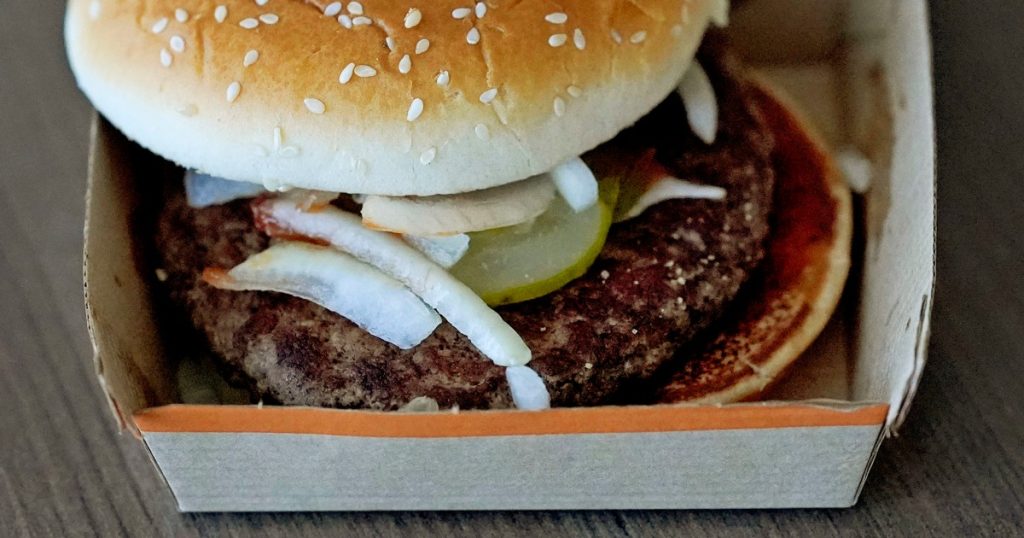The CDC has reported that the number of E. coli cases linked to McDonald’s Quarter Pounders has risen to 90, with one person already dead and 27 hospitalized. The outbreak was first announced on Oct. 22, and the likely source of the outbreak has been identified as the slivered onions used on the burgers. McDonald’s has since removed all affected Quarter Pounders from their restaurants in states where cases have been reported. The risk to the public has been deemed “very low” by the CDC, with the most recent case reported on Oct. 16. One person who developed the illness also suffered from a rare kidney condition called hemolytic uremic syndrome.
A family in Grand Junction, Colorado, shared their daughter’s harrowing experience with E. coli after eating a Quarter Pounder from McDonald’s. The 15-year-old girl developed a kidney condition after experiencing symptoms of fever and stomach pain, followed by vomiting and bloody diarrhea. She has been hospitalized with kidney damage and had to undergo multiple rounds of dialysis. The actual number of cases related to the Quarter Pounders is believed to be higher than reported, as many people with E. coli infections do not seek medical attention and recover on their own. Thirteen states have reported cases linked to the outbreak, with the FDA identifying the slivered onions from Taylor Farms Colorado Springs as the likely culprit.
McDonald’s has stopped sourcing onions from Taylor Farms Colorado Springs and has started selling the Quarter Pounder without onions in affected stores. Other restaurant chains in Colorado, including Taco Bell, Burger King, KFC, Pizza Hut, and Illegal Pete’s, have also removed onions from their menus as a precautionary measure. Despite this, there have been no reports of E. coli related to these restaurants, indicating that the contamination is likely limited to McDonald’s Quarter Pounders. The FDA and CDC are continuing to investigate the source of the outbreak to prevent further illnesses.
The outbreak serves as a reminder of the importance of food safety measures and the risks associated with foodborne illnesses. The CDC urges individuals to take precautions when handling and consuming food to prevent E. coli infections and other illnesses. McDonald’s and other restaurants have a responsibility to ensure the safety of their ingredients and to respond swiftly to outbreaks to protect their customers. Public health officials are monitoring the situation closely and working to identify any additional cases or sources of contamination.
As the investigation continues, affected individuals are advised to seek medical attention if they exhibit symptoms of foodborne illness, such as diarrhea, vomiting, and fever. Those at higher risk of complications, such as young children, elderly individuals, and individuals with weakened immune systems, should be particularly cautious. Consumers are urged to stay informed about food recalls and outbreaks and to take steps to protect themselves and their families from foodborne illnesses. The collaboration between public health agencies, restaurants, and food suppliers is crucial in ensuring the safety of the food supply chain and preventing widespread outbreaks.












